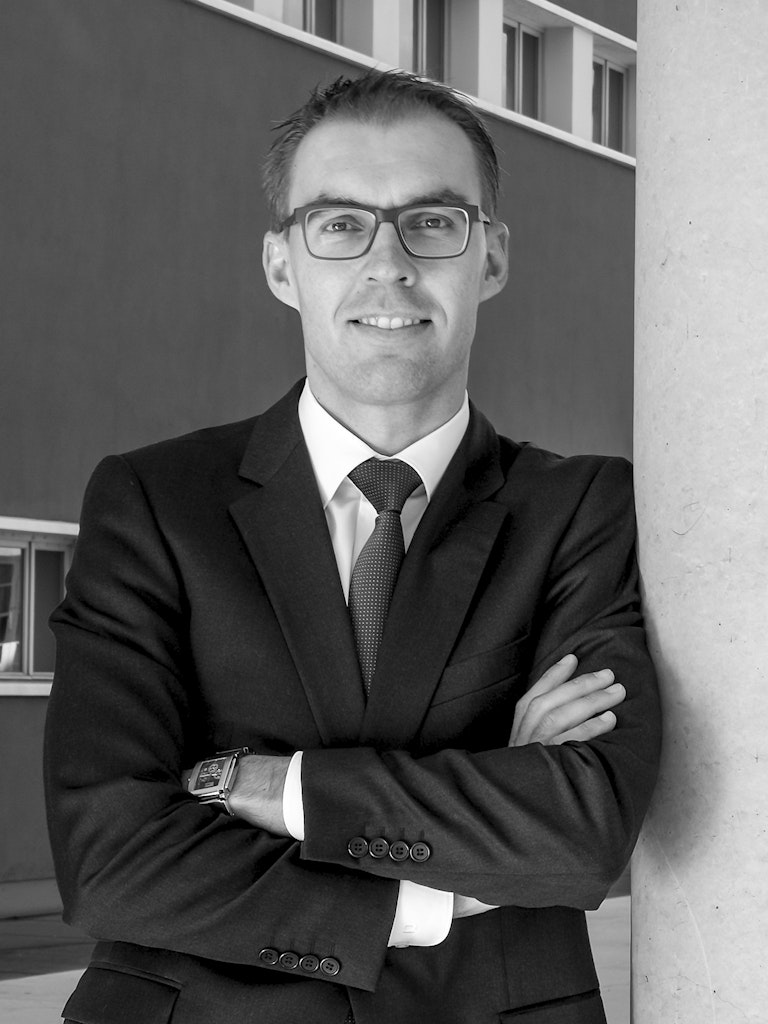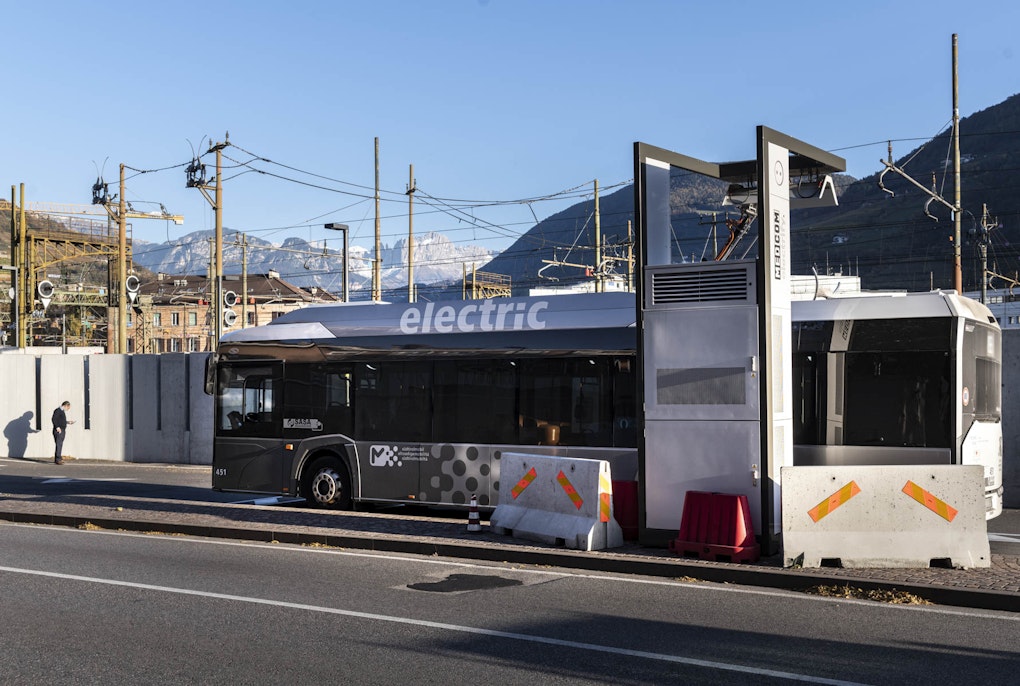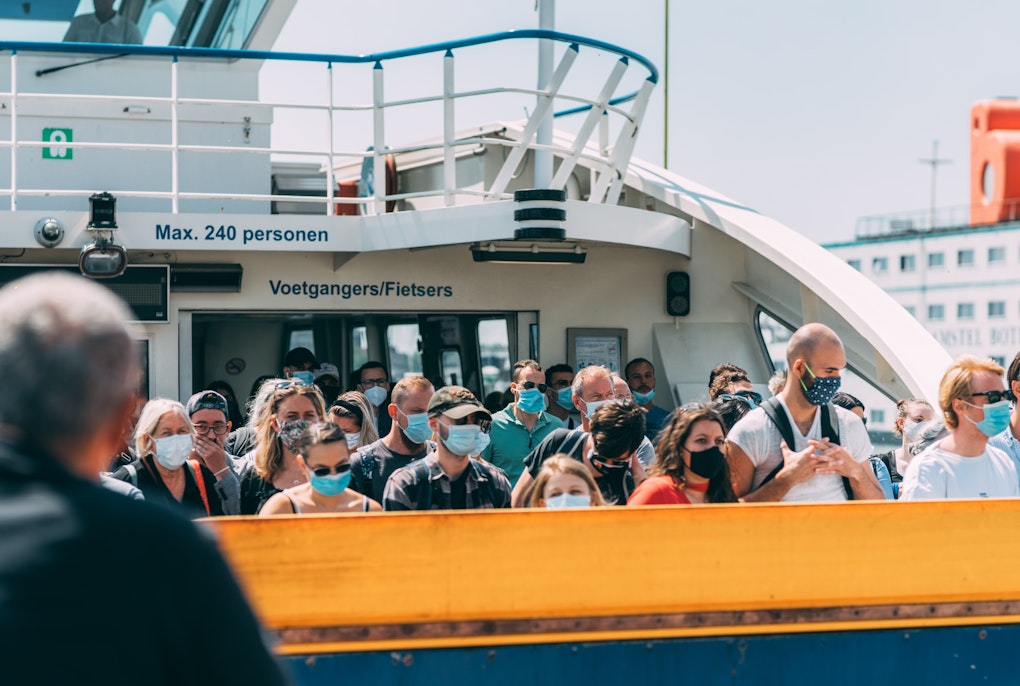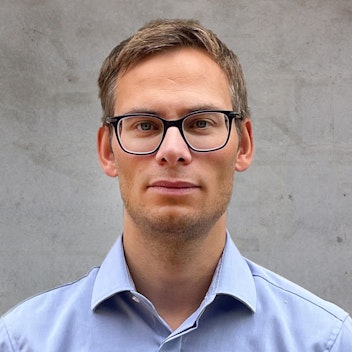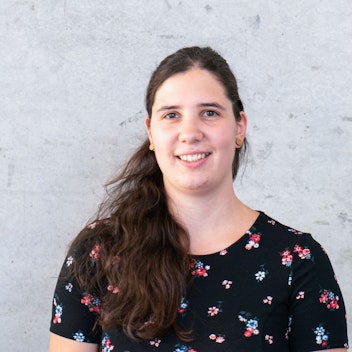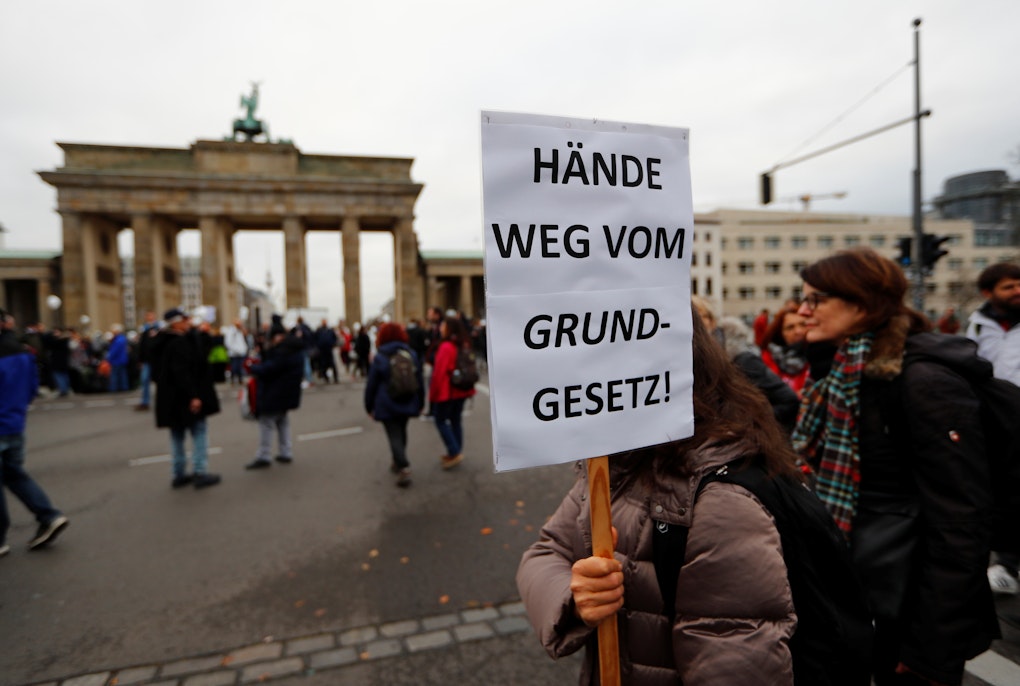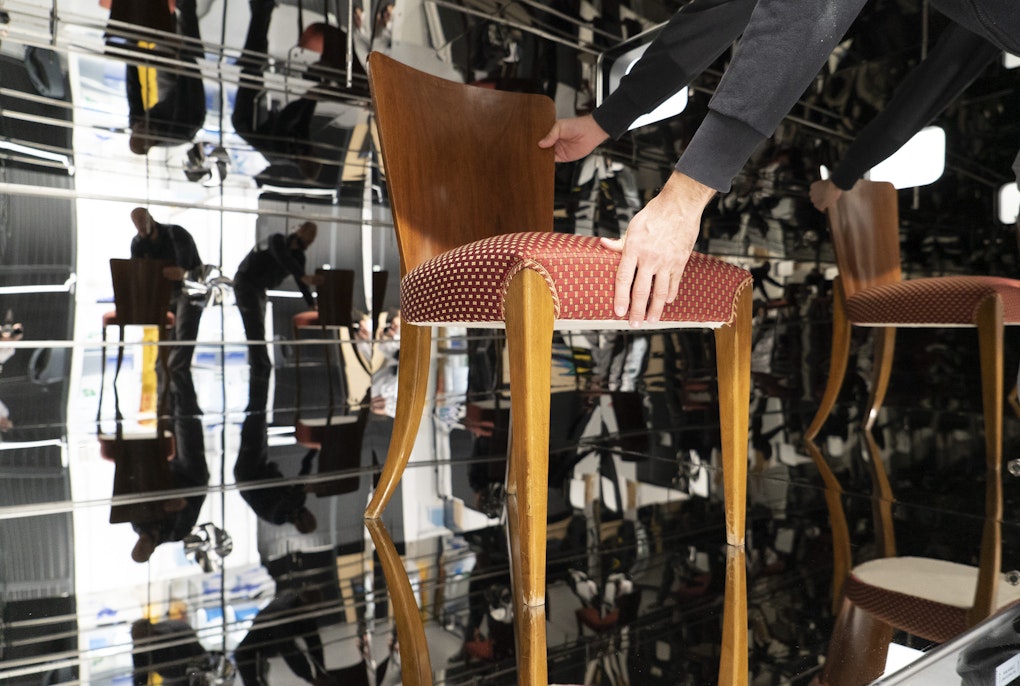Wolfram Sparber, Director of the Institute for Renewable Energy, Eurac Research
© Eurac Research | Annelie Bortolotti
The beginning of 2020 brought a wave of optimism among those involved in clean energy in Europe: in mid-January, the European Parliament approved the Green New Deal, a trillion-dollar plan to reduce member countries' emissions to zero by 2050. Then the Covid-19 crisis happened. On paper, the deal’s intentions remain the same; there is even an ongoing debate on how the economic crisis, triggered by the pandemic could boost a radical energy transition. What obstacles will need to be overcome? What direction should research into renewable energy sources and energy efficiency take right now?
How has your daily life changed?
Sparber: Wolfram Sparber: For more than a month all our employees have been working from home. The research we do allows it, the projects continue with digital meetings, data analysis and simulations. But our laboratories are at a standstill. Only one climate chamber is in operation for a long-term test that does not require the permanent presence of researchers
In the near future, how will your business change and what will the main challenges for the renewable energy sector be?
Sparber: As of Monday, our laboratories have re-opened. Our work can continue under a new health and safety regime, with alternating shifts for staff and access to all necessary protective equipment. We are particularly pleased about this as we have several assignments that had been previously scheduled. For us, working with photovoltaic companies and those working on energy efficiency is crucial and in the run-up to the Covid-19 crisis we had a quite a lot of projects and tests in progress. At the moment, we have not received any cancellations, but I wonder what will happen in six months' time: with turnover down and a lot of uncertainty about the future, what will companies be able to invest in research and development? This is the biggest question for renewables when things recommence again, not just in South Tyrol. The energy produced from renewable sources requires large initial investments for the plants, will companies have the budget and the courage to make them? Today everything has to be rethought: the business plans for photovoltaic and wind power plants that were drawn up before the crisis are no longer as profitable today - in Italy the single national price of electricity fell from 53 euros per megawatt hour in March 2019 to 32 euros in March 2020. In addition to this problem there is a second one: fossil fuel prices have never been so low. In the phases following the lockdown, when energy demand increases, operating old thermal power plants will be very economical, with low cost raw material and amortisation costs already paid off. Under what conditions will the operators of these plants be prepared to convert them? The low cost of fossil fuels could also have a negative impact on the market for alternative plants such as heat pumps or biomass boilers.
The important thing to note, is that the use of fundings is not unconditional, so we need government measures to direct it towards key sectors such as, decarbonisation.
There are many open questions. What interventions could aid the renewables sector?
Sparber: Not yet being able to see the end of the current emergency, it is difficult to make predictions. At the moment, a great deal of liquidity is expected to be injected into the market to finance the economy both by the banks and other investors. The important thing to note however, is that the use of this funding is not unconditional, so we need government measures to direct it towards key sectors such as, decarbonisation. Individual states could, for example, provide more incentives to buy electric cars, increase deductions for renovating homes and installing photovoltaic modules. At the same time, they could simplify procedures for these incentives and for the many other actions needed to meet Europe's climate targets for 2030 which were set before the crisis. In this way, the large debts that countries face will not only help to get out of the current situation but will contribute to a faster start on a path that governments would have undertaken in any case to align themselves with the objectives of reducing polluting emissions. From a long-term perspective, today's commitment will serve to ensure a more sustainable economy in the future.
Do renewables bring economic as well as environmental benefits?
Sparber: It is important to consider that energy efficiency in construction and distributed renewable systems are sectors with a strong impact on the territory because they give construction companies, buildera and fitters and craftsmen, work. Even in the implementation of a photovoltaic system the creation of value at the local level is higher than you might think: the purchase of modules - mostly imported - accounts for less than 40% of total costs, the rest are additional components, installation work and then maintenance. Finally, it is important to consider that a stable growth of photovoltaic installations could, in the long term, even create the opportunity for a European module production chain.
Wolfram Sparber
Wolfram Sparber is director of the Institute for Renewable Energy at Eurac Research where, under his guidance over 100 researchers are engaged in international research projects and consortia and also provide support for local companies in research and development. He is Vice President of the Board of Directors of EUREC (European Renewable Energy Research Centers Association) and a member of Rebuild Italia’s the scientific committee. Sparber is also a member of the supervisory board of the regional utility provider Alperia spa, where he was chairman of the board of directors for several years.
